Fertilizer: The Best Allpurpose Fertilizer For Your Garden
Title: Fertilizer: The Best All-Purpose Fertilizer for Your Garden
Introduction:
Fertilizer is a key ingredient for a healthy garden. It provides the nutrients that plants need to grow strong and produce a bountiful harvest. But with so many different fertilizers on the market, it can be hard to know which one is right for you.
In this blog post, we will discuss the different types of fertilizer, how to choose the right one for your garden, and how to apply it properly. We will also recommend some of the best all-purpose fertilizers on the market.
Main Content:
There are two main types of fertilizer: organic and synthetic. Organic fertilizers are made from natural materials, such as manure, compost, and bone meal. Synthetic fertilizers are made from chemicals.
Organic fertilizers are generally considered to be more environmentally friendly than synthetic fertilizers. They also tend to release nutrients more slowly, which can help to prevent nutrient burn. However, organic fertilizers can be more expensive than synthetic fertilizers.
Synthetic fertilizers are more quickly available to plants, which can lead to faster growth. However, they can also leach into the soil and contaminate groundwater.
The best type of fertilizer for your garden will depend on your individual needs and preferences. If you are concerned about the environment, you may want to choose an organic fertilizer. If you are looking for a fertilizer that will give you quick results, you may want to choose a synthetic fertilizer.
Here are some factors to consider when choosing a fertilizer:
- The type of plants you are growing.
- The condition of your soil.
- Your budget.
Once you have chosen a fertilizer, it is important to apply it properly. Follow the instructions on the fertilizer label to ensure that you are applying the correct amount. You should also avoid applying fertilizer to wet soil, as this can increase the risk of nutrient burn.
Here are some tips for applying fertilizer:
- Apply fertilizer in the early spring or fall, when the plants are actively growing.
- Apply fertilizer evenly over the soil surface.
- Water the soil after applying fertilizer to help the nutrients dissolve.
Conclusion:
Fertilizer is an important part of gardening, but it is important to choose the right type of fertilizer and to apply it properly. By following the tips in this blog post, you can help to ensure that your plants get the nutrients they need to thrive.
20-10-10 fertilizer is a balanced fertilizer that is good for a variety of plants. It contains 20% nitrogen, 10% phosphorus, and 10% potassium. This fertilizer is a good choice for plants that require a lot of nitrogen, such as corn, tomatoes, and peppers. It can also be used for lawns, trees, and shrubs.
For more information about 20-10-10 fertilizer, please visit Home Gardening.
FAQ of 20 10 10 fertilizer
- What is 20-10-10 fertilizer?
20-10-10 fertilizer is a balanced fertilizer that contains 20% nitrogen, 10% phosphorus, and 10% potassium. It is a good choice for a variety of plants, including lawns, flowers, and vegetables.
- What are the benefits of using 20-10-10 fertilizer?
20-10-10 fertilizer can help to promote healthy plant growth and development. It can also help to improve the color and yield of plants.
- How often should I use 20-10-10 fertilizer?
The frequency of use will depend on the type of plant and the growing conditions. However, a general rule of thumb is to apply 20-10-10 fertilizer once a month during the growing season.
- What are the safety precautions for using 20-10-10 fertilizer?
It is important to wear gloves and eye protection when handling 20-10-10 fertilizer. It is also important to keep fertilizer out of reach of children and pets.
- Is 20-10-10 fertilizer a good starter fertilizer?
Yes, 20-10-10 fertilizer is a good starter fertilizer for lawns and other plants. It can help to promote healthy root growth and early plant development.
- What are some alternatives to 20-10-10 fertilizer?
Some alternatives to 20-10-10 fertilizer include 10-10-10 fertilizer, 16-8-8 fertilizer, and 15-10-10 fertilizer. These fertilizers are also balanced fertilizers that can be used for a variety of plants.
Image of 20 10 10 fertilizer
- A bag of 20-10-10 fertilizer.
- A scoop of 20-10-10 fertilizer being spread on soil.
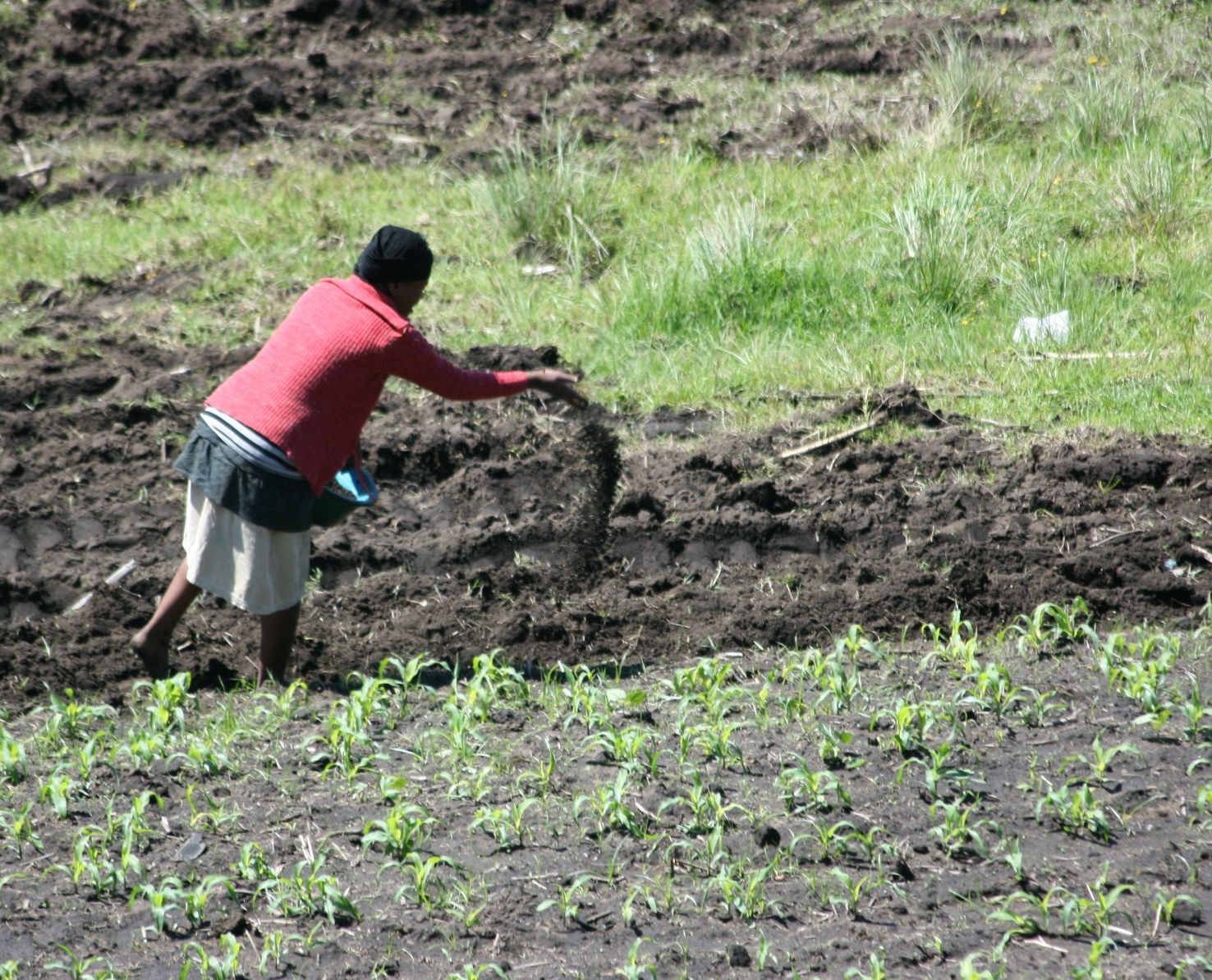
- A plant growing in soil that has been fertilized with 20-10-10 fertilizer.

- A close-up of the nutrients in 20-10-10 fertilizer.
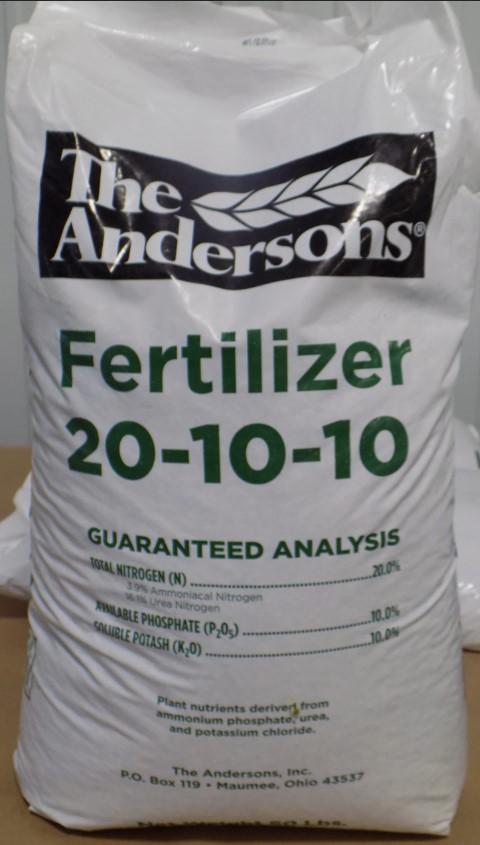
- A chart showing the NPK ratio of 20-10-10 fertilizer.

- A bottle of liquid 20-10-10 fertilizer.

- A granular 20-10-10 fertilizer.
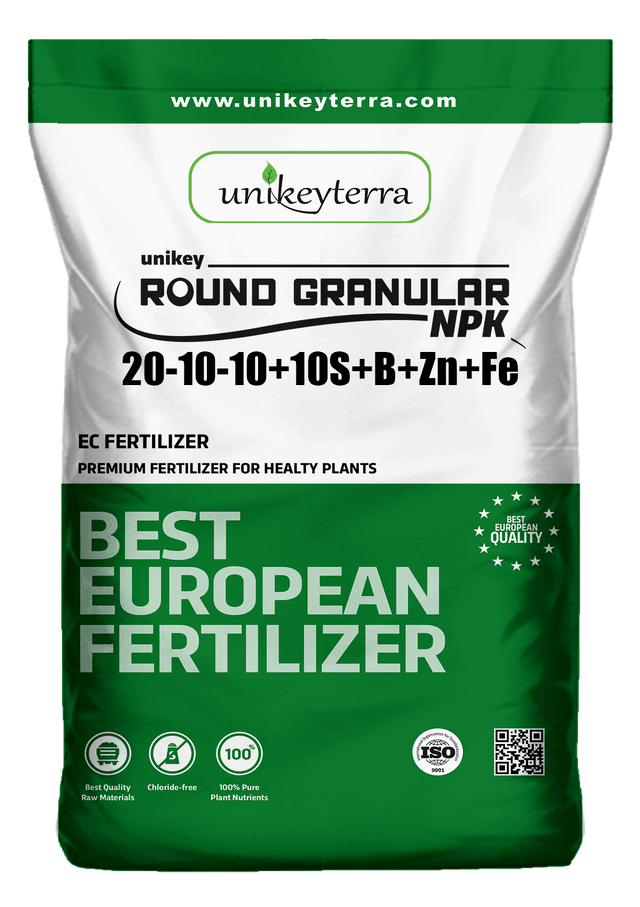
- A slow-release 20-10-10 fertilizer.
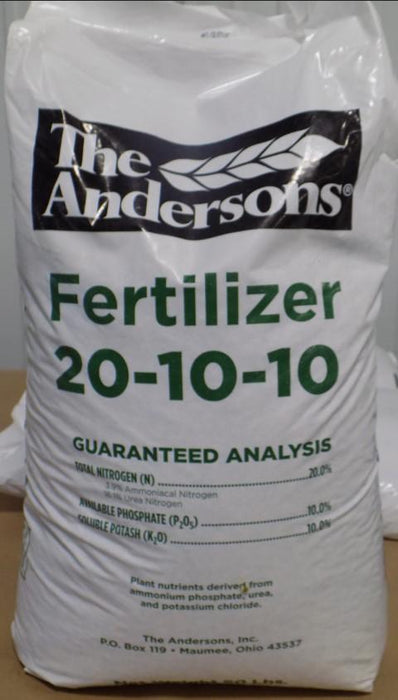
- A 20-10-10 fertilizer that is organic.
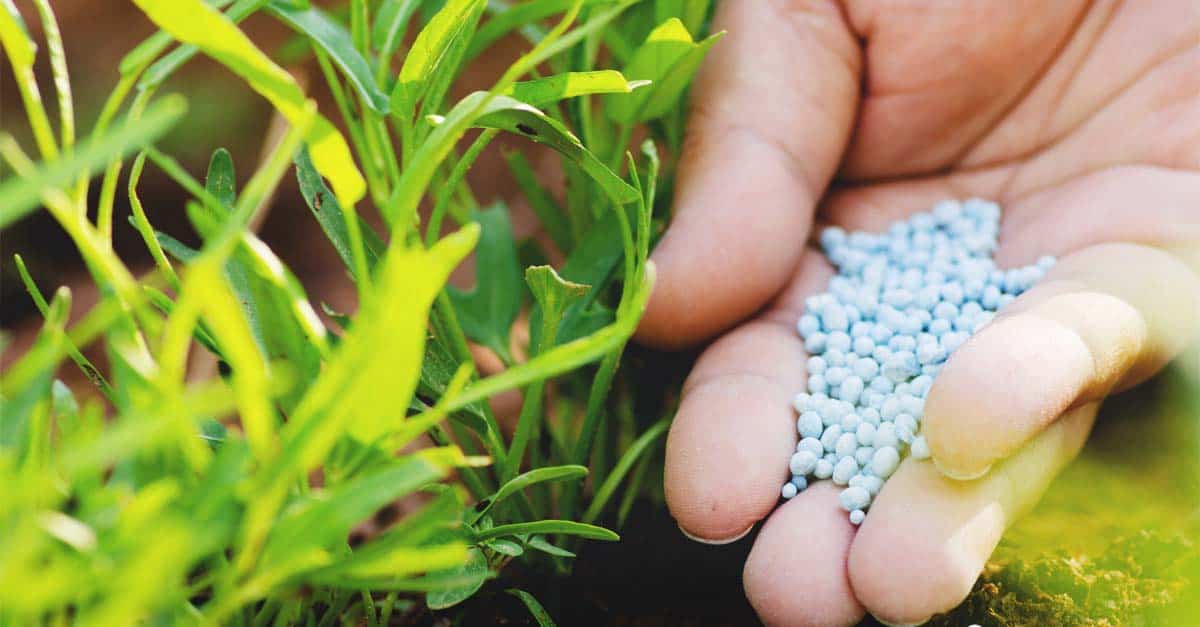
- A 20-10-10 fertilizer that is water-soluble.
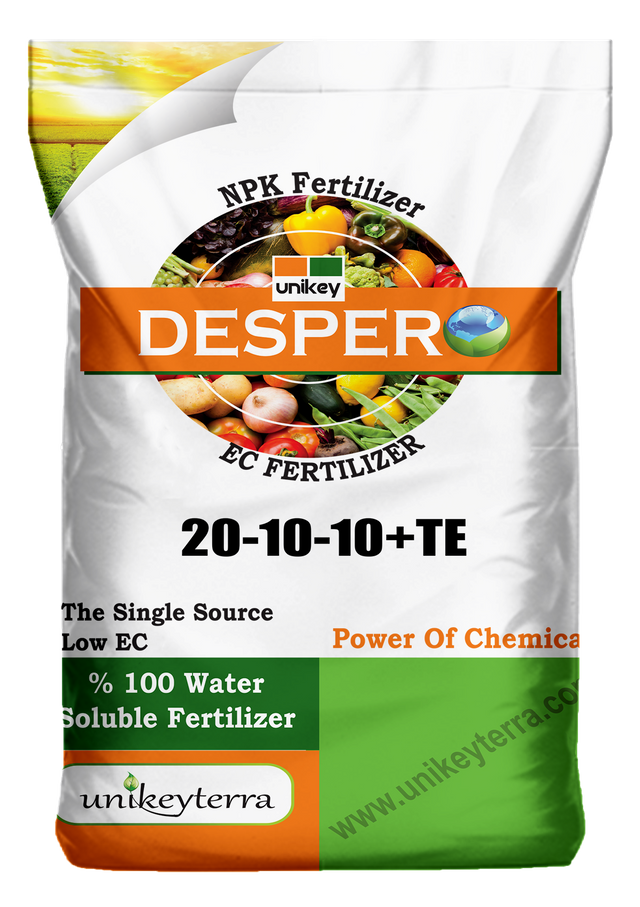
Post a Comment for " Fertilizer: The Best Allpurpose Fertilizer For Your Garden"